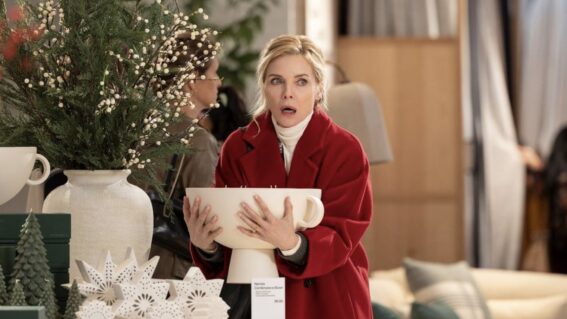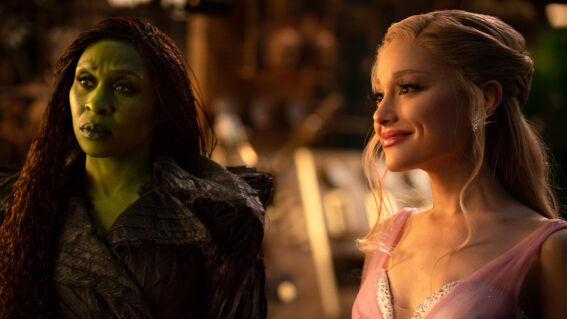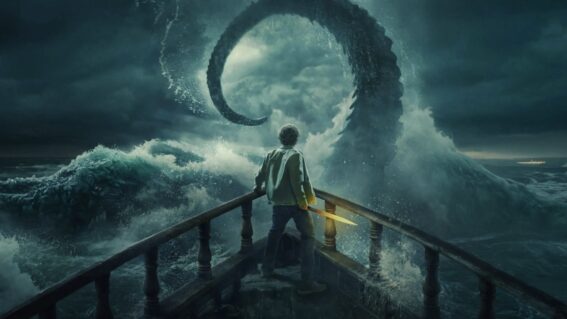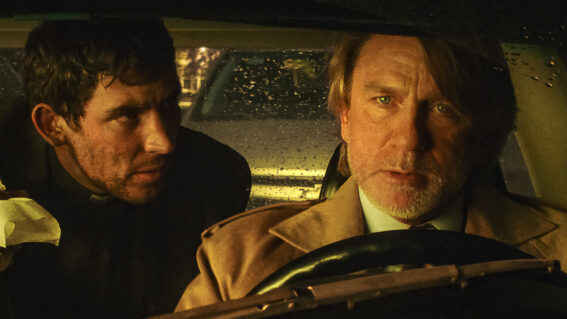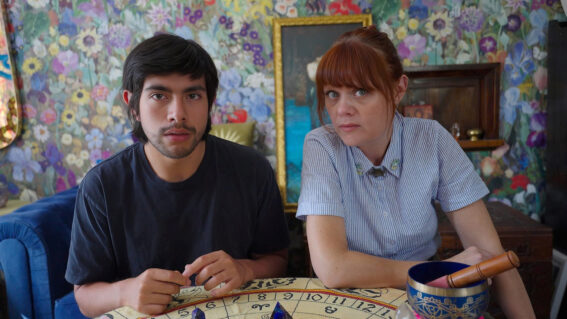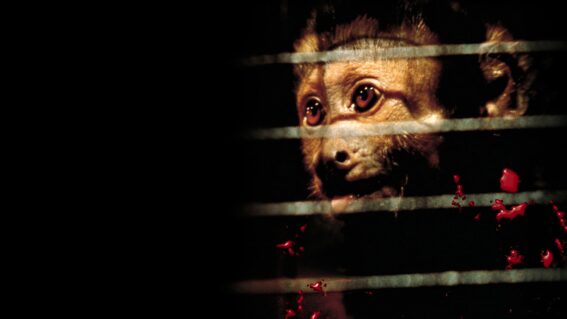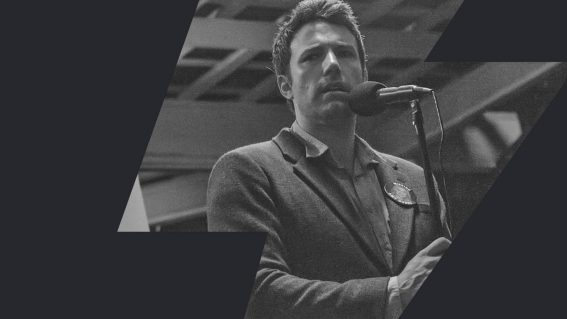Long Story Short is a family photo album in action
The latest show from the creator of BoJack Horseman is populated with the same cute, occasionally surreal incidentals.
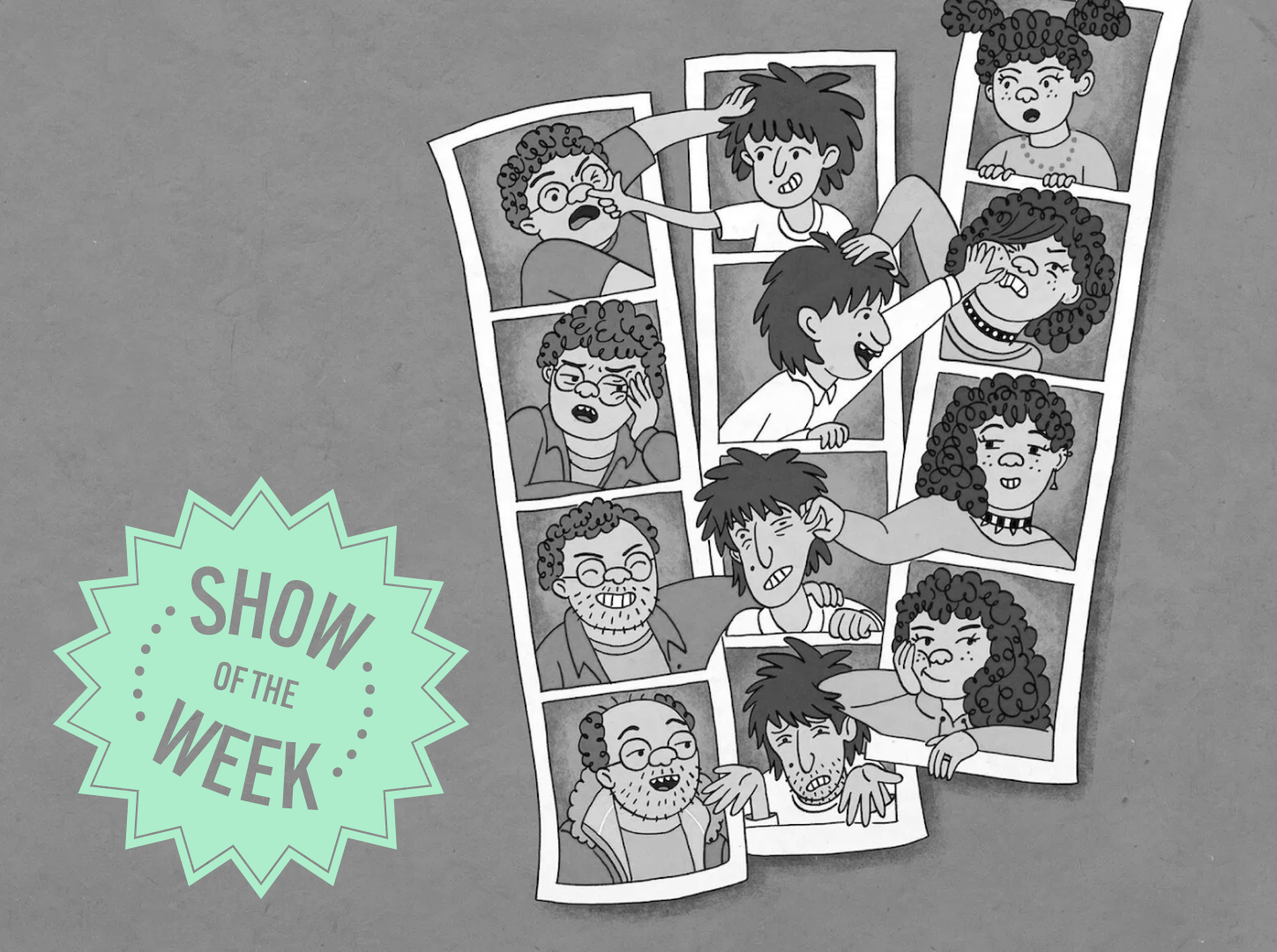
“You not seeing Lord of the Rings is not trauma,” Avi (Ben Feldman) tells his sister Shira (Abbi Jacobson) during one of their habitual clashes in Netflix’s new animated series, Long Story Short. In the Schwooper household, it’s always a battle over who’s the most damaged and who’s the one responsible for it. And, yes, I do have to side with Avi on this one – according to the DSM-5 diagnostic criteria, missing out on the ride of Rohirrim because your brother wouldn’t drive you to the multiplex isn’t statistically likely to significantly alter your brain chemistry.
Long Story Short, notably, isn’t in near the same territory as its creator Raphael Bob-Waksberg’s famously harrowing BoJack Horseman, about a former child star (and reverse centaur), who becomes a washed-up, narcissistic, depressed addict (and still reverse centaur). But it is an unexpected companion piece, a graceful, quiet recognition that the little things can shape people just as much as the big things.
Avi and Shira are products of a middle-class Jewish family, inheritors of both generational trauma and cultural community, who are also an accumulation of a thousand incidents, of small acts of kindness and words of criticism – and, for their younger brother Yoshi (Max Greenfield), a dose of unattended-to ADHD.
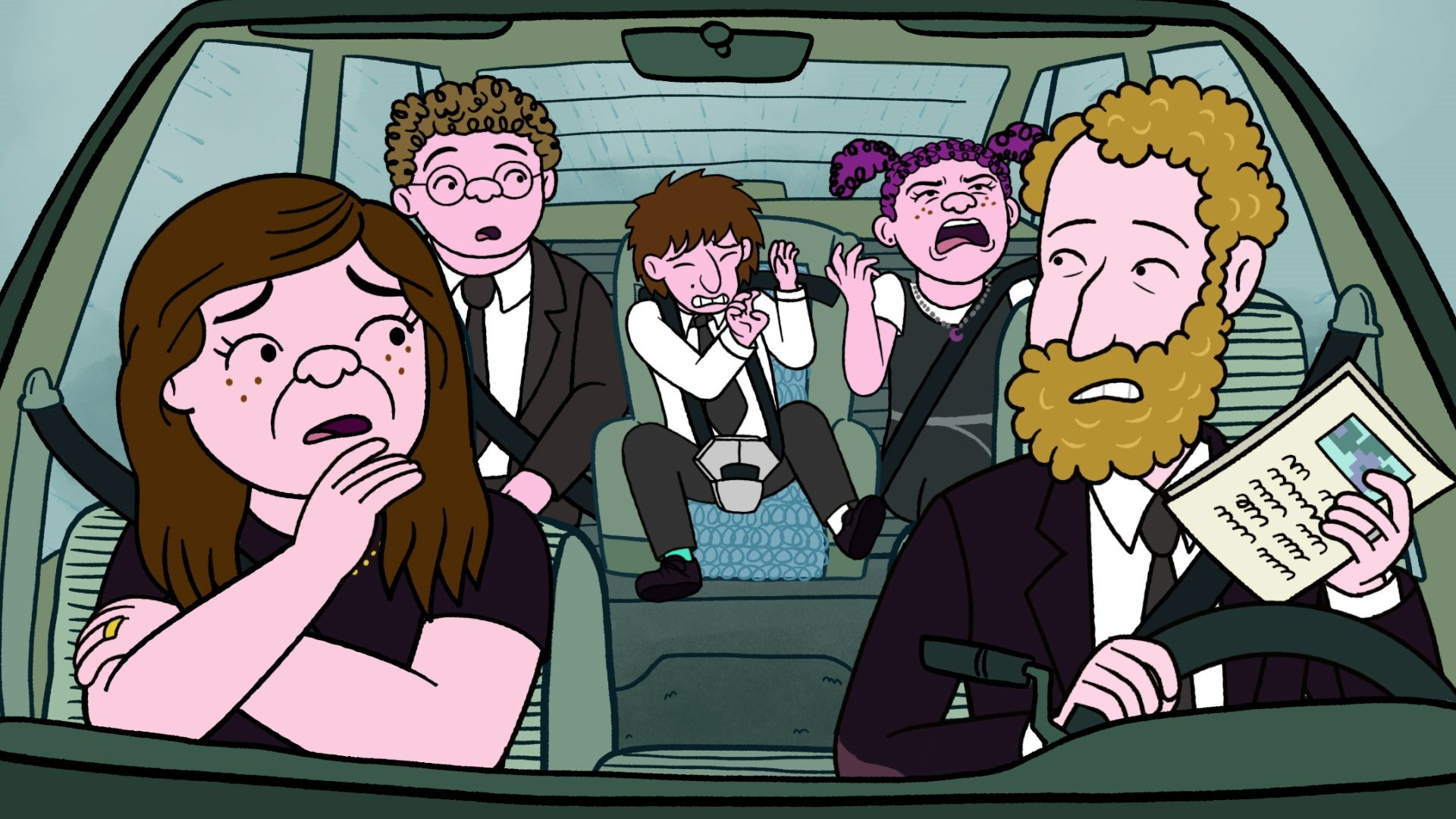
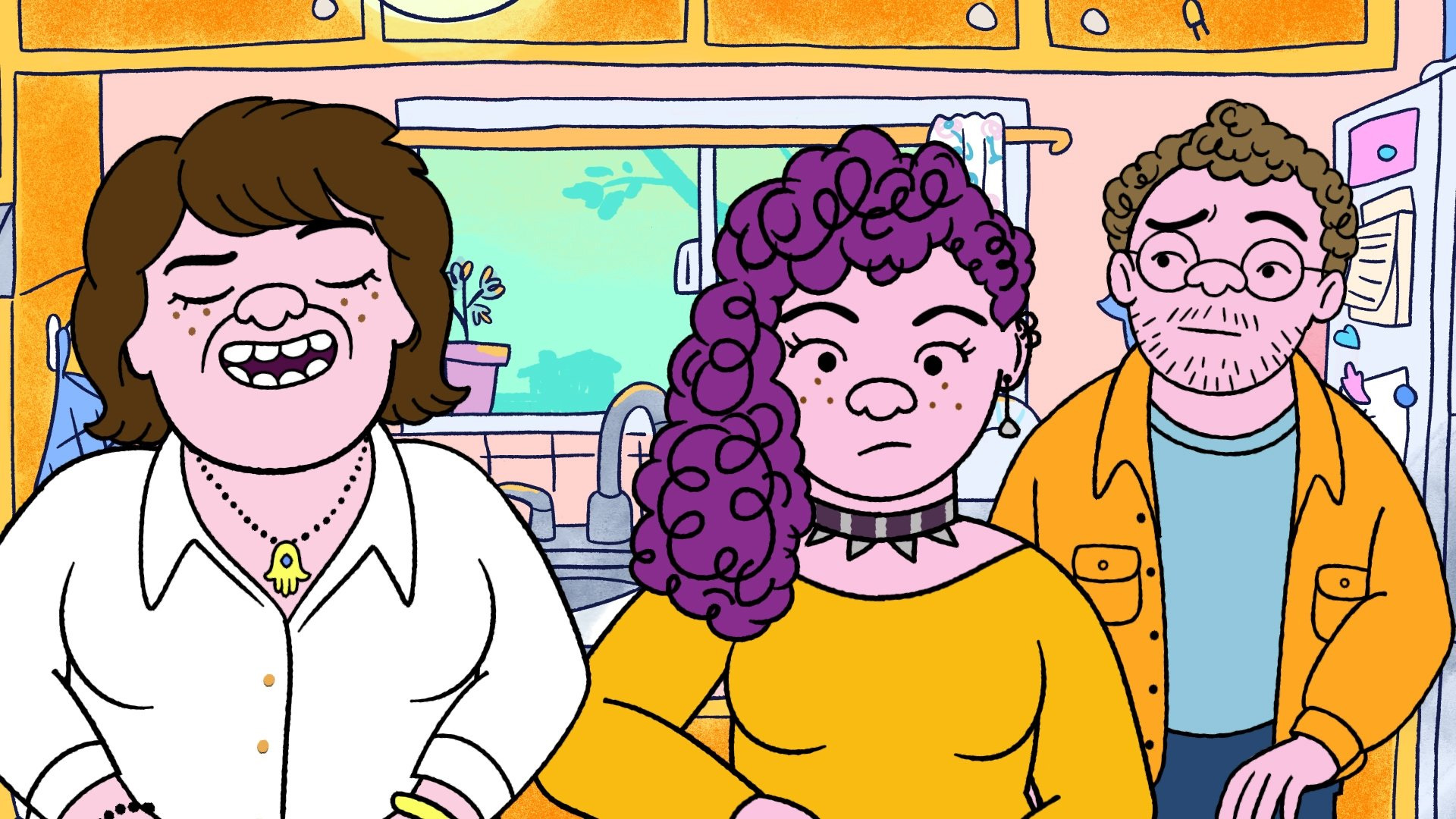
Long Story Short, then, is a family photo album in action, as we flip back and forth between the trio’s childhoods in the nineties and early 2000s, up to the present day – when Avi and Shira have kids of their own – and then all the way back to their parents’s own youth. We’re shown how they were raised, as both individuals and as a collective unit, and then observe how those circumstances influence their attitudes towards faith, love, and parenthood.
It’s not entirely an open-and-shut case, but the evidence is strong: that the pressures on the firstborn, Avi, led him to reject his faith and its demands on him to, “learn another language, only be with people like us, eat fish that looks like a brain, be afraid all the time.” He eventually marries (and divorces) a gentile woman, Jen (Angelique Cabral). Yoshi, the outcast child, takes a different tack, while it’s faith that brings Shira to Kendra (Nicole Byer), a convert whose path to Judaism is at first very funny, then unexpectedly poignant.
That kind of tonal switcheroo happens a lot in Long Story Short, especially when it comes to the elder Schwoopers, Elliot (Paul Reiser) and Naomi (Lisa Edelstein). From a distance, they’re a careworn stereotype: the subdued, submissive father and the hypercritical, deeply neurotic, perpetual victim of a mother. “Not everything is about you!” Yoshi cries out at one point. Her reply? “That is the meanest thing you could possibly say to me.” Yet, all that crumbles away in the face of both who Naomi was before and what she leaves behind after, of the little girl craving love and the aching hollow that opens up when she’s gone.
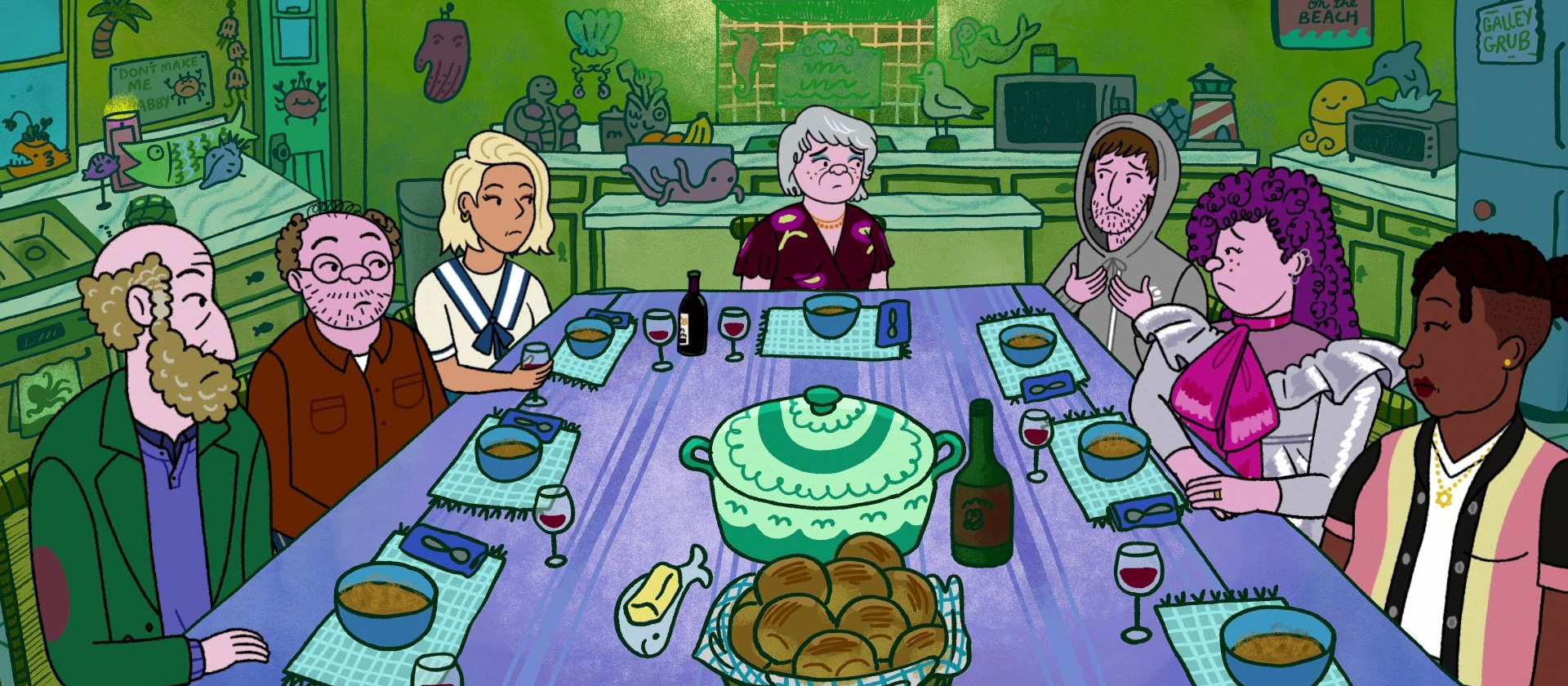
Because as much as they all might talk about their terrible, no-good family, theirs is still a pretty loving, welcoming world to while away five or so hours (the season consists of ten half-hour episodes). It’s full of the same cute, occasionally surreal incidentals that populated BoJack Horseman: a screaming match over which Little Women sister two besties think the other is (for the record, I’ve been told I’m a half-Amy, half-Jo); a pack of wolves taking over a school during the COVID lockdown; a terrier called “The Undeniable Isadora Duncan”; and something called “soup on a stick”.
We’re nestled so deeply into the Schwooper family that the animation tends to blend everybody else into the background. At one party, all extended family are coloured blue like the wall. When they’re having a full-blown row, there’s a comfortable quality to their aggrieved patter that makes it easy to stick around (in fact, the show’s already been greenlit for a second season). Or, as Naomi declares during one particularly chaotic car trip, in which they’re tailing a hearse, “we’re having fun!”









